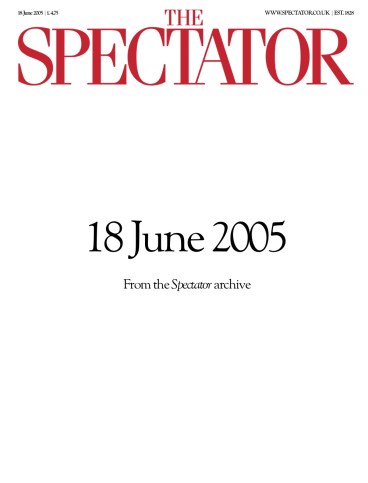The frogman who failed
Ian Fleming pretended they were glamorous, John le Carré claimed they were brainy and unscrupulous. Commander Crabb, in real-life 1956, made Britain’s spies into the figures of fun they went on being until the Iraq fiasco showed they could be dangerous, too. He was the middle-aged chap, tripping over his flippers in a baggy wet-suit,

